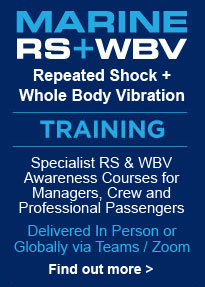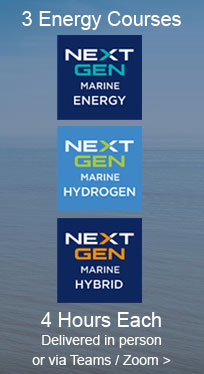Shape-changing Pulsed Jet-thrusters for a New Generation of AUVs
The offshore industry is in growing demand of robots capable of dealing with increasingly complex tasks in always more forbidding scenarios. However, standard underwater vehicles are power inefficient and poorly maneuverable, making them inadequate for this purpose. Aquatic animals have been looked upon as the perfect autonomous undersea platform and, among aquatic animals, soft-bodied ones may constitute the paradigm of inspiration to design a new breed of working class vehicles. In this talk we argue that the recourse to soft aquatic robots can disclose a solution to the problems commonly encountered in underwater operations. The scope of this talk is to introduce the current state of the art in shape-changing pulsed-jet propulsion and the benefits it can provide in the design of a new generation of AUVs.
We start by showing experimental and numerical results which demonstrate how jetting maneuvers produced by volume-changes of a body in water can generate as much as 260% more thrust per pulsation than an equivalent rigid body. This is due to a combination of separation control and recovery of added mass energy. In order for these assets to be employed, specific requirements in terms of design and actuation need to be met. Hence, we present a first series of prototypes characterized by extreme structural compliance and capable of performing a pulsed-jetting routine such as that required to exploit the contribution from hydrodynamic terms. We eventually discuss the limitations of the existing prototypes and illustrate the ongoing developments of this new technology.
Dr Francesco Giorgio-Serchi - Fluid Structure Interactions Group

Francesco is a marine scientist by background, with a PhD in Geophysical fluid dynamics from the University of Leeds, where he was the recipient of a Marie Curie Early Stage Training fellowship.
From 2011 to 2014 he was awarded a Marie Curie European Reintegration Grant to work at the Centre for Sea Technologies and Marine Robotics of the BioRobotics Institute, Italy, to develop the propulsion mechanism of a biologically-inspired aquatic robot.
Since October 2015 he has been appointed by the University of Southampton as a research fellow sponsored by the Lloyd's Register Foundation to work alongside of Dr. Weymouth on the design of a new soft-bodied, bio-inspired aquatic robot with augmented manoeuvring capabilities.









